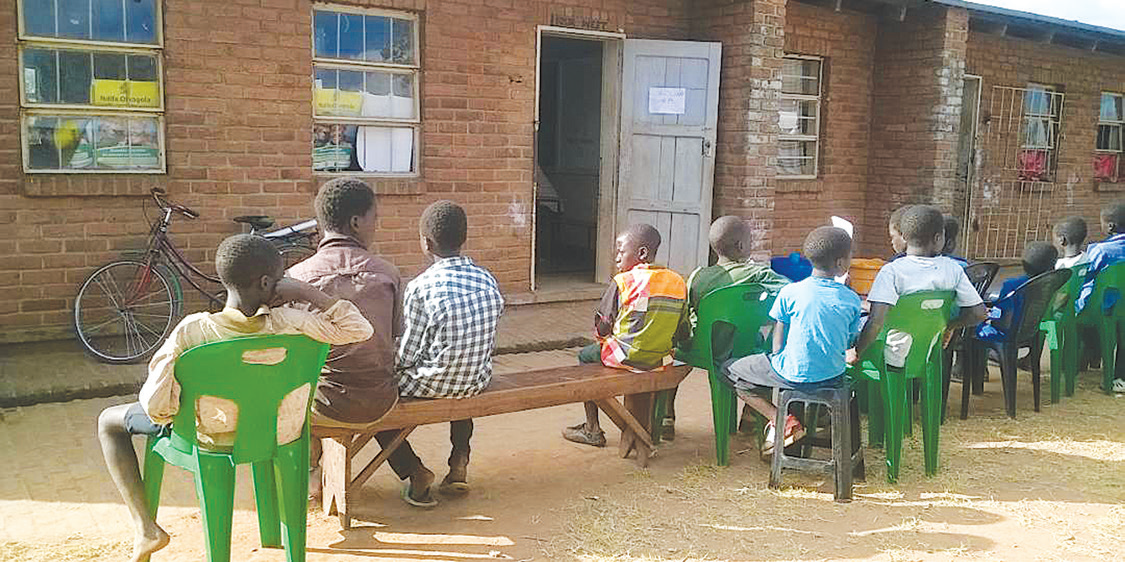Report faults law on land acquisition
Findings of a Review of Policies on Land Acquisition and Resettlement in Malawi have faulted the process surrounding land purchases, compensation and resettlement in the country.
The report, published last week, shows that land acquisition processes are often done badly and end up with displaced people being denied their rightful compensation.

The report was commissioned by the Centre for Human Rights and Rehabilitation (CHRR) and the International Accountability Project (IAP).
The report reads in part: “There are large-scale land deals involving as much as 15 000 to 20 000 hectares in sugarcane growing schemes in Chikwawa and Nkhotakota districts where an estimated 14 612 farm families lost their land between 2006 and 2010.
“The expropriation of land by the Dwangwa Outgrower Scheme has resulted in disintegration of communities as people were scattered and moved to different places, and disrupted ties between traditional leaders and their subjects.”
According to the report, the displaced people reported experiencing loss of identity as they were absorbed in new communities.
CHRR executive director Michael Kaiyatsa in an interview aid the study sought to understand why individuals and communities continue to be victimised by implementers of large scale projects.
He said the socioeconomic development of communities and households is put on hold for several years, which was wrong.
Last year, Parliament passed the amendments of the Land Act, 2022, Customary Land Act, 2022, Land Survey Act, 2022, Land Acquisition and Compensation Act, 2022, Physical Planning Act, 2022 and Registered Land Act, 2022.





